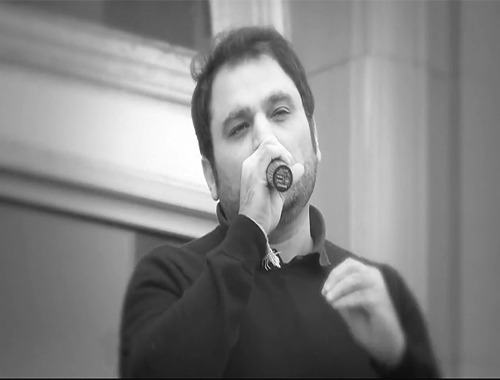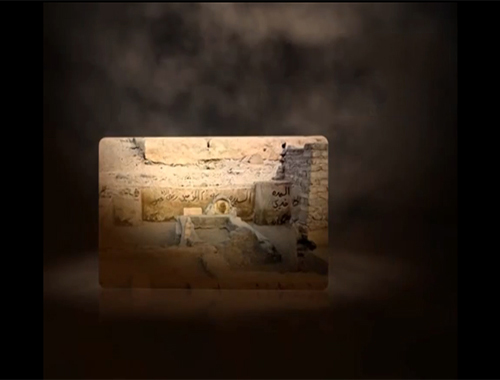Contradiction or attraction and cohesion
- Details
- Hits: 1895
Contradiction or attraction and cohesion
It is true that in many cases of social changes, the dialectical series of thesis, antithesis and synthesis are clearly observable, and consequent upon contradiction a new order emerges. In other words, in such cases the change and evolution of social system are due to contradiction. We will discuss this subject further when we deal with the philosophy of history. Anyhow, this relationship between society and contradiction is not applicable to all other cases in the cosmos nor is it universal and permanent even in the case of society.
If we look carefully at the phenomena of the world and study them scientifically instead of indulging in poetic fancy, we .shall find that in so many cases there prevails quite a different tendency and a different law. For example, look at the following cases:
Physical and mechanical phenomena, such as heating and expansion of bodies, melting, evaporation, passage of electric current, communication of sound, bodily movement, reactionary change of forms etc., are all due to the action of certain types of energy and are not the result of the establishment of a dialectical chain.
In the case of chemical actions and reactions we often find that two or more elements combine owing to the action of energy, but none of them emerges from within another.
In certain other cases what takes place is splitting which is contrary to synthesis. Incidentally, some acting and reacting bodies tend to combine and have no contradiction. In the domain of life, of course, we come across three consecutive stages of birth, maturity and death, but here also we find a basic difference. Firstly, reproduction or birth (antithesis) from within (a factor) is not possible without the intervention of another factor (male). In other words, the creation of a single‑phase inner chain is not possible. Secondly, the combination of the two factors takes place through attraction and affection and not as the result of contradiction and struggle. Thirdly, between a mother and a child or a thesis and an antithesis in this case, there exists a relationship of lifegiving and sacrifice instead of opposition and destruction.
When we go deep into the matter forming the cosmos we find a great deal of hustle and bustle of electrons and nucleus but we see no trace of the three‑phase movement of thesis, antithesis and synthesis. In contrast, we find various atoms or particles revolving round each other. Only when they are bombarded by other atoms from outside, they sometimes split and convert into new atoms.
Therefore, the rule of the struggle between a thesis and an antithesis and their subsequent synthesis is not universal and applicable to all cases. The dynamic face of the world is actually shaped by the mutual impact of the elements or molecules as well as by other factors mutually interconnected. Their impact brings about such operations as setting the things in motion, their combination, splitting, exchange and in exceptional circumstances even their disintegration.
Instead of the general law of birth, struggle and combination, what is more prevalent is coming together; combination and birth.
Our world is that of union, where things come together either to combine or to dissolve. It is not that of distinct entitles giving birth to contradictories.
Anyhow, the idea is not that we should believe in Allah simply because the dialectical law is neither universal, nor is it one hundred percent scientific, and that if no scientific objection could be raised against them, the dialectical principles could take the place of God. There is no such thing at all;
Firstly, because we know that Hegel, the founder and the inspirer of the dialectical philosophy in the recent centuries was a man who himself believed in God and by means of his own theories came to the conclusion that the world had an absolute will and consciousness.
Secondly, even if the dialectical principles were presumed to be correct and open to no scientific objection that only could have meant that we have just discovered another law of the development and evolution of nature and society. The discovery of natural laws does not mean that we no longer need a law‑giver and designer of nature. The force which, through the power of contradiction, has produced billions of galaxies and other marvelous natural phenomena from matter, is in itself a sign that there exists a cognizant guidance and wise consciousness, which has put in matter the power of creating such an orderly arrangement and has brought about such a well‑calculated world.











